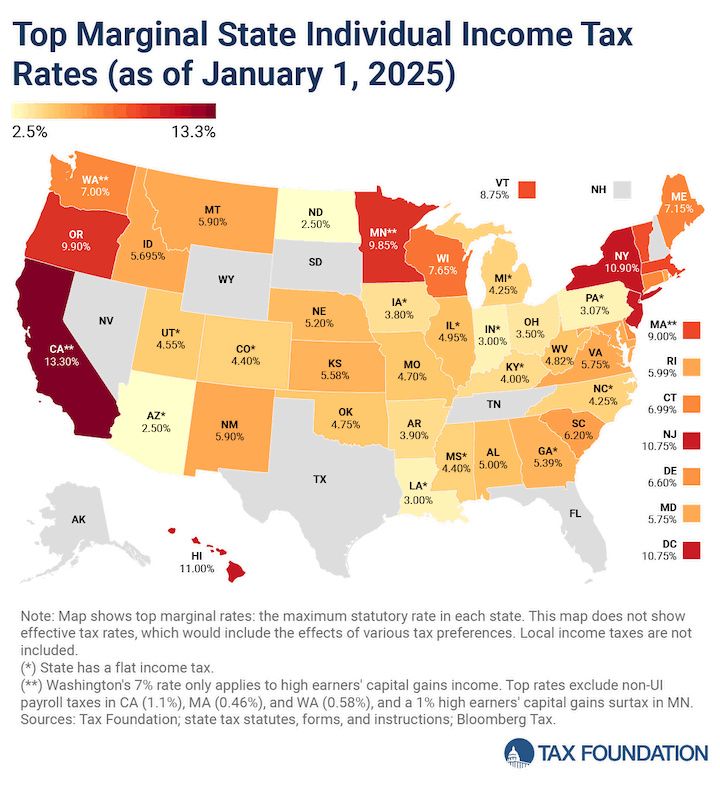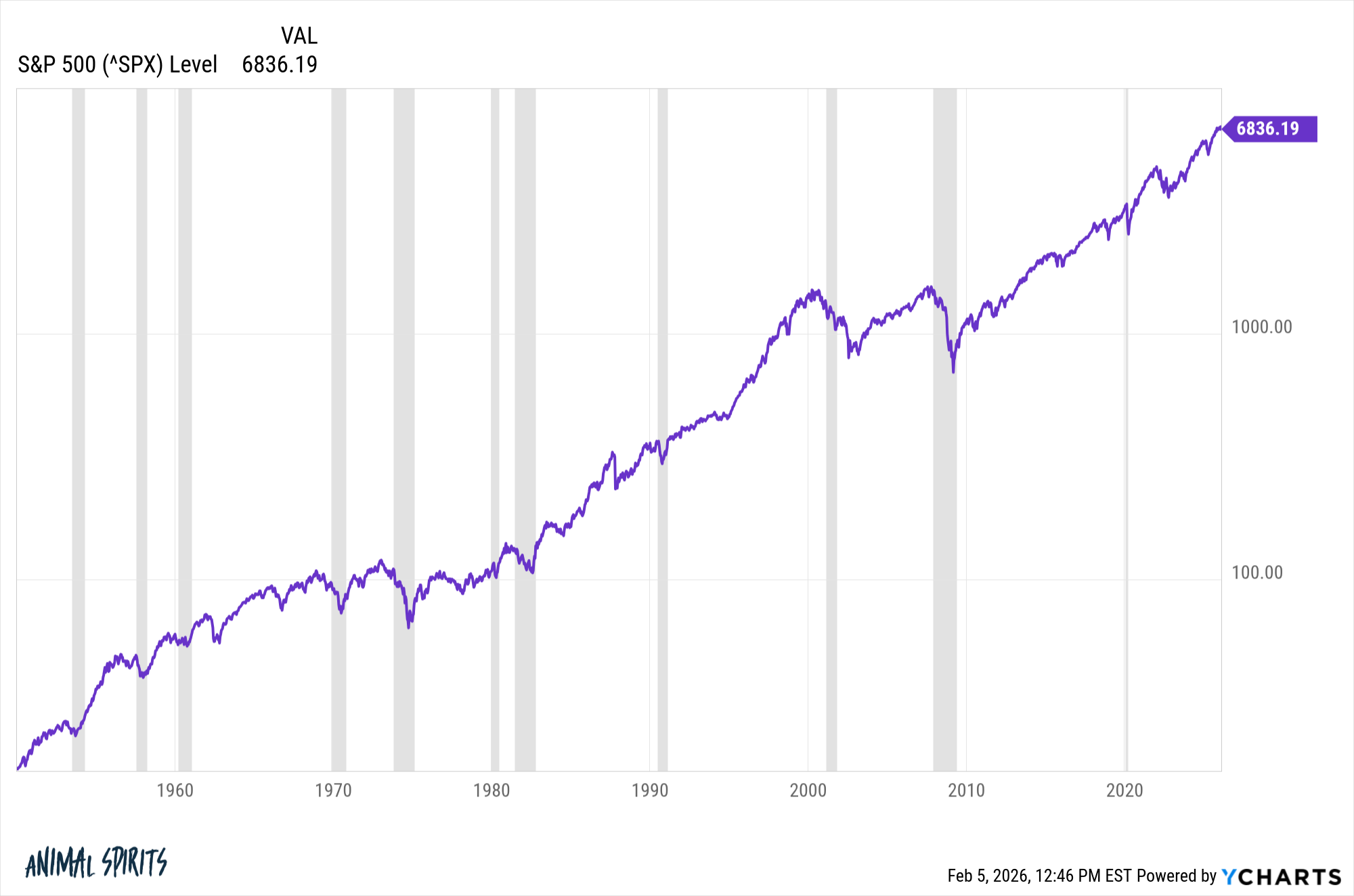Happy Labor Day!
The markets are closed today, and I hope you’re enjoying the holiday.
Whether you’re grilling in the backyard, going to see a parade or just catching one last summer sunset, Labor Day is a great time to reflect.
And it’s worth taking a moment right now to remember why this day exists…
A Holiday Born in Struggle
Labor Day was born in the late 19th century, when America was in the throes of the Industrial Revolution.
Back then, the country’s factories were booming. But the human cost of laboring in these factories was staggering.
Workers toiled 12-hour shifts, often six or even seven days a week.
Children as young as eight worked in mines and textile mills.
Safety rules were almost nonexistent, and industrial accidents were far too common.
In response, unions began organizing strikes and rallies. But they didn’t just fight for higher pay.
They also fought for dignity.
Things we take for granted today like the eight-hour day and workplace safety were earned after decades of struggle…
As was the recognition that workers were more than cogs in a machine.
In 1894, after the violent Pullman Strike shut down much of the nation’s rail traffic, President Grover Cleveland signed Labor Day into law.
It was both a peace offering and a recognition that America’s economic progress shouldn’t come at the expense of its people.
At its core, Labor Day is about the dignity of work, and how society chooses to value human effort.
And now, more than a century later, we’re at another turning point for labor. But this time, we’re facing a technology with the potential to reshape our entire lives.
Artificial intelligence is already transforming work.
In other words, AI is changing the landscape of labor itself.
This means that some workers’ roles are about to evolve, while others will disappear entirely.
It also means that some brand new roles we haven’t even thought of will be created because of AI.
We saw this same thing happen with the rise of the internet.
Back in 1990, no one had ever heard of a web developer, a social media manager or an app designer.
Yet, thirty years later, those jobs employ millions.
AI will create that same kind of ripple effect. But it will likely happen much, much faster.
The challenge, just as it was in the 1990s and the 1890s, is how we manage this disruption.
Workers will need retraining, and businesses will need to adapt. What’s more, society will have to answer a new version of the same question we’ve asked since the early days of the Industrial Revolution:
How do we value human effort in a world where intelligence itself can be automated?
Here’s My Take
Labor Day reminds us that work is more than wages. It’s about dignity and meaning.
The battles of the industrial age gave us weekends, safer workplaces and a middle class.
Now, in the age of AI, we’re standing at the edge of a new labor transformation.
But it doesn’t have to be scary.
History shows that every major leap in productivity eventually raises living standards.
The 40-hour work week, middle-class prosperity and even the very holiday we’re celebrating today all grew out of technological shifts that once looked threatening.
I believe AI will unlock a new era of prosperity. And, yes, there will be disruption…
There always is.
But just as the labor movement turned the industrial age into a more humane system, we now have the chance to shape AI into a tool that raises productivity and expands opportunities for everyone.
And if we get it right, the future of labor will honor human effort more than ever.
Regards,
Ian King
Chief Strategist, Banyan Hill Publishing
Editor’s Note: We’d love to hear from you!
If you want to share your thoughts or suggestions about the Daily Disruptor, or if there are any specific topics you’d like us to cover, just send an email to [email protected].
Don’t worry, we won’t reveal your full name in the event we publish a response. So feel free to comment away!
Disclaimer: This story is auto-aggregated by a computer program and has not been created or edited by finopulse.
Publisher: Source link








